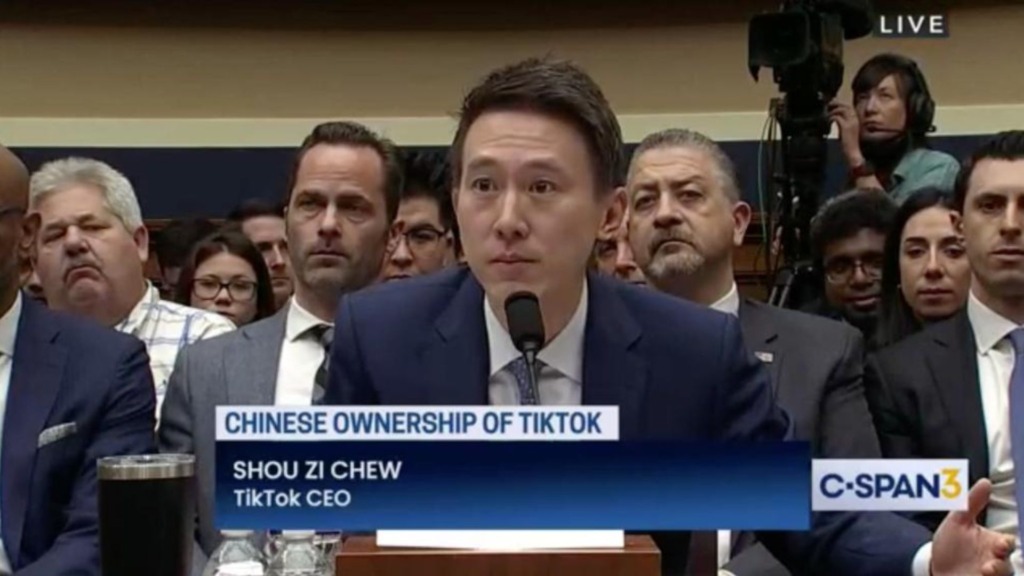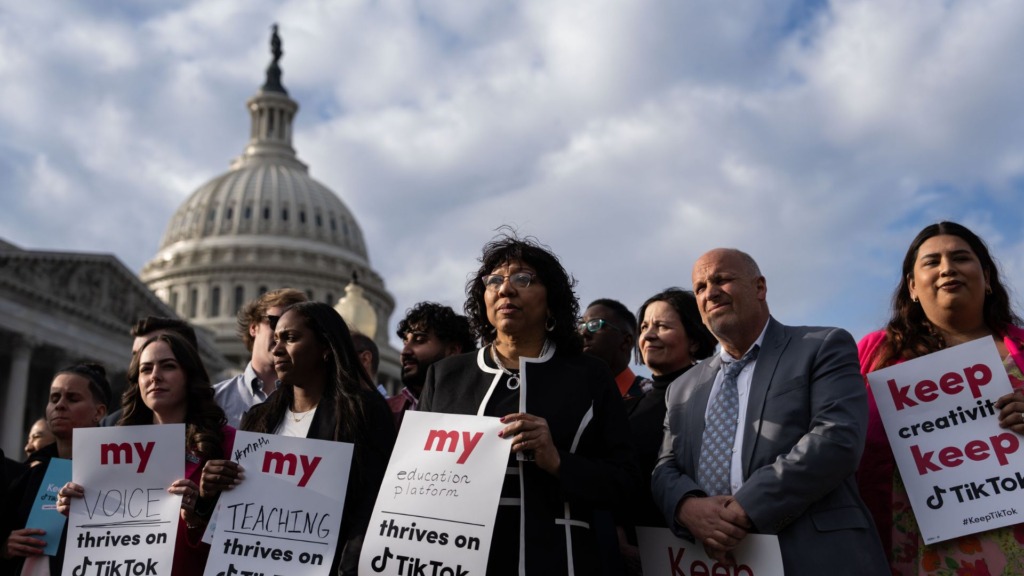The court hears TikTok’s challenge to the law forcing sale or potential US ban
TikTok challenges US law that may force its sale or ban, arguing it violates free speech. ByteDance was given until January 2025 to comply.

On Monday, a federal appellate court heard arguments from TikTok and its parent company, ByteDance, challenging a new law that may force the popular app’s sale or lead to a ban in the United States. TikTok claims that this law, signed by US President Joe Biden earlier this year, violates the Constitution and limits free speech rights.
Table Of Content
The three-judge panel at the US Court of Appeals for the District of Columbia was asked to weigh in on the case, as concerns about TikTok’s Chinese ownership continue to spark debates around national security and freedom of expression. The app has a massive user base of 170 million Americans and has become a focal point in the broader discussion of Chinese influence and data privacy.
TikTok challenges the law’s premise
Representing TikTok, lawyer Andrew Pincus argued that the law is based on hypothetical risks that have yet to materialise. He told the court that TikTok is an American company and ByteDance, its parent, is registered in the Cayman Islands. Pincus further pointed out that banning the app based on potential future threats is an overreach.

TikTok has previously succeeded in legal challenges against US efforts to ban the app, but this marks the first time it is fighting a federal law. Chief Judge Sri Srinivasan, who led the panel, acknowledged TikTok’s links to Chinese ownership, raising questions about control and influence. While a fully US-owned company would raise serious First Amendment concerns, TikTok’s foreign ties make it a different case.
Senior Circuit Judge Douglas Ginsburg remarked that the law does not single out TikTok but rather addresses a category of companies controlled by adversary nations. He said the law responds to national security concerns about foreign influence, adding that negotiations between the US government and TikTok over national security had failed.
While Pincus insisted that TikTok has adjusted its platform, including changes to the recommendation engine that curates content, Ginsburg highlighted that not all of the app’s operations are US-based. Pincus confirmed that while content moderation occurs in the US, some adjustments come from overseas.
The lawyer also suggested that less restrictive measures, such as increased transparency from TikTok about its data and content moderation processes, could address the government’s concerns. However, Circuit Judge Neomi Rao questioned the reliability of such voluntary disclosures, doubting their effectiveness in eliminating security risks.
Content creators join the fight
Jeffrey Fisher, representing a group of TikTok content creators, argued that the law interferes with their choice of platforms. Fisher said that they prefer working with TikTok’s current ownership. Fisher stressed that TikTok is a platform for American content creators, and any suggestion that it promotes “Chinese speech” is incorrect.

On the other side, speaking for the US Department of Justice, Daniel Tenny emphasised that TikTok’s data holds significant value for foreign adversaries. He argued that the data and content curated by the app could be manipulated for intelligence purposes. The central concern, Tenny said, was not free speech but the potential misuse of TikTok’s code, which originates in China. He also noted that the law is designed to prevent covert content manipulation by foreign powers, which is difficult to detect.
What happens next?
President Biden signed the law in April, giving ByteDance until January 2025 to sell its US TikTok operations to a non-Chinese buyer or face a ban. ByteDance, TikTok, and some users have filed a lawsuit to block this law.
The court has been asked to issue a ruling by December, allowing enough time for the losing party to appeal to the US Supreme Court before the law takes effect in January. Like the Trump administration before it, the Biden administration views TikTok as a potential national security risk due to its Chinese ties.
While TikTok maintains that it has never handed over American user data to the Chinese government, the US government still needs to be convinced. Despite ByteDance investing more than US$2 billion to implement a national security plan to safeguard user data, officials in Washington have rejected these proposals.
The future of TikTok in the US remains uncertain, with both sides bracing for a potential Supreme Court showdown as the January 2025 deadline looms.















